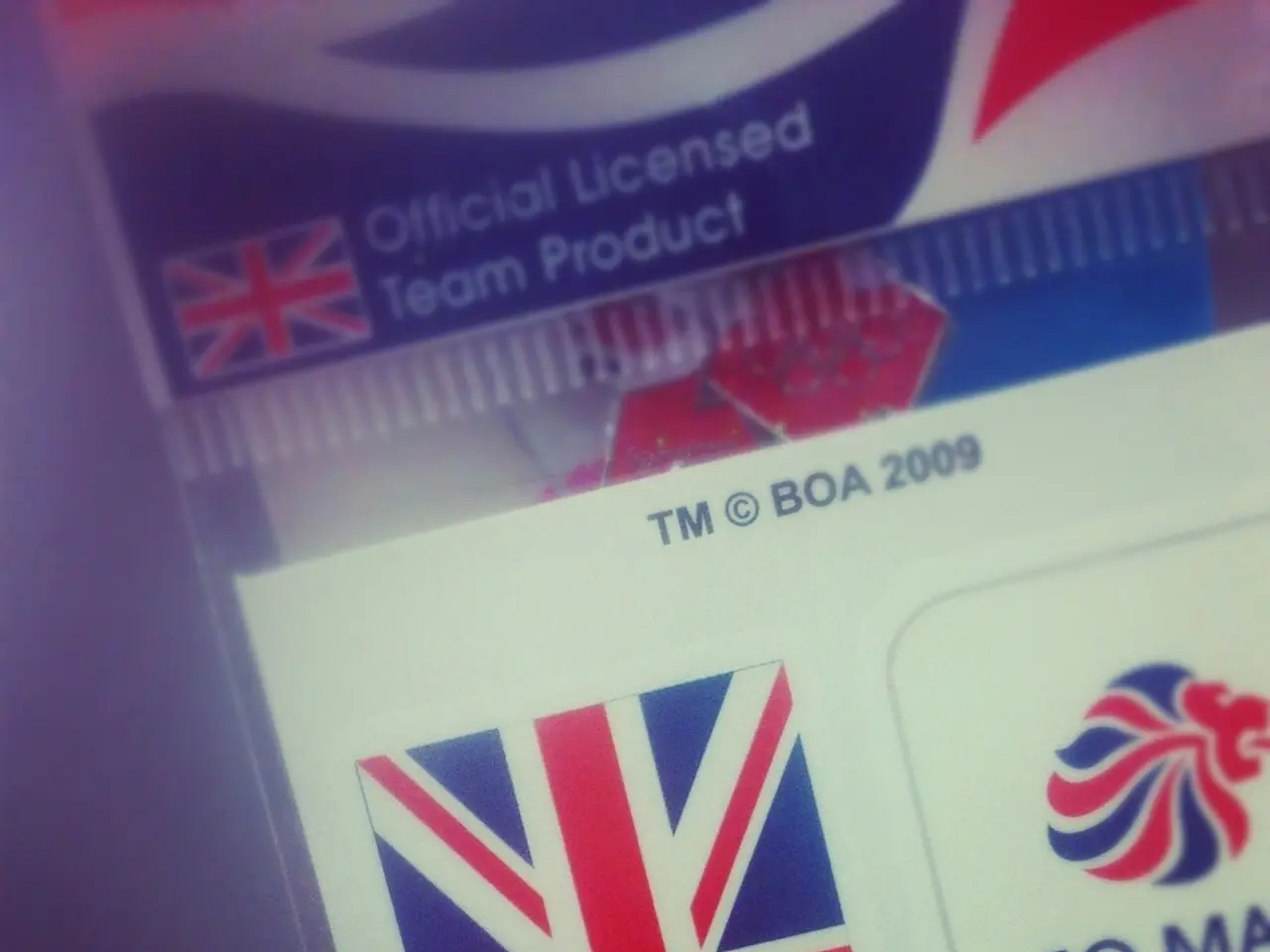Business Woes Unveiled: The Sticky Situation of PCI Compliance Revealed as a Valuable Ally for Your Enterprise
Helcim, a Level One Service Provider, takes the security of its payment systems seriously. Each year, the company undergoes rigorous audits to ensure its systems are secure and adhere to the PCI Data Security Standard (PCI DSS).
Established by the Payment Card Industry Security Standards Council, the PCI DSS is a comprehensive security framework that aims to protect cardholder data throughout its lifecycle. The standard enforces 12 core requirements across six control objectives, including encryption, access control, and monitoring. These measures are designed to reduce the risk of data breaches and fraud in payment card transactions.
For Helcim, PCI compliance is a core part of its obligation to maintain a safe payment ecosystem. Stephanie Davis, the Head of Compliance at Helcim, oversees the company's responsibilities, which include ensuring data stored and processed in their systems is encrypted, certifying their hardware, developing software according to secure coding guidelines, and prioritizing security in every product and service they develop.
However, PCI compliance is not just Helcim's responsibility. As a merchant, the responsibility is to implement security best practices in daily operations. This includes training people on documented security policies and procedures, practicing smart password hygiene, and securing point-of-sale (POS) devices and payment terminals.
To help merchants with this, Helcim provides SAQ tools to all of its merchants free of charge. Many modern payment processors, including Helcim, build the SAQ right into their app or merchant portal for easy completion. Most small to medium-sized businesses need to complete an annual Self-Assessment Questionnaire (SAQ) to prove compliance.
Adherence to PCI compliance standards is not just about checking a box; it helps provide customers with a sense of trust, assuring them that their information is being protected carefully. The goal of PCI compliance is to ensure a secure environment for sensitive financial data. PCI compliance also includes the PCI Data Security Standard (PCI DSS) and other frameworks created by major card brands like Visa, Mastercard, and American Express.
By following PCI compliance standards, businesses can protect against data breaches and fraud, safeguarding both their customers' information and their own reputation. Helcim stores sensitive financial information using the Helcim card vault, ensuring that data is encrypted and secure at all times.
In conclusion, Helcim is committed to maintaining a secure payment ecosystem by adhering to PCI compliance standards. By doing so, the company ensures that its customers' sensitive financial information is protected, fostering trust and confidence in its services.
Read also:
- IM Motors reveals extended-range powertrain akin to installing an internal combustion engine in a Tesla Model Y
- Ford Embraces Silicon Valley Approach, Introducing Affordable Mid-Sized Truck and Shared Platform
- Future Outlook for Tesla in 2024: Modest Expansion in Electric Vehicle Sales, Anticipated Surge in Self-Driving Stock
- Vegetable oils are similarly utilized in the process of road cleaning.







